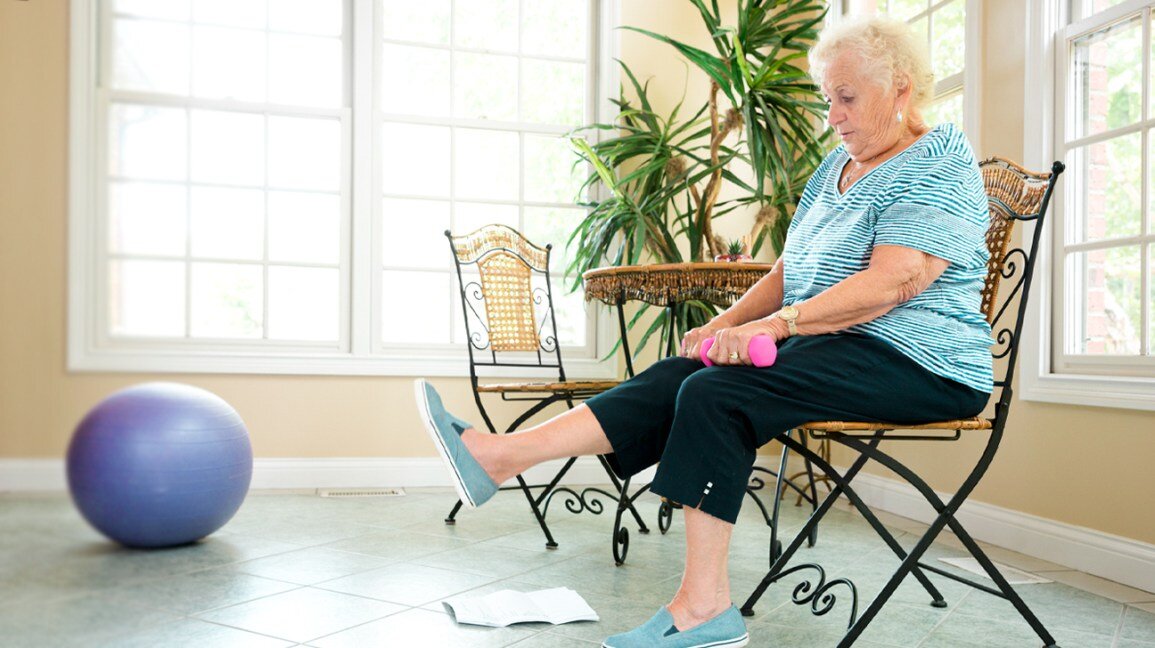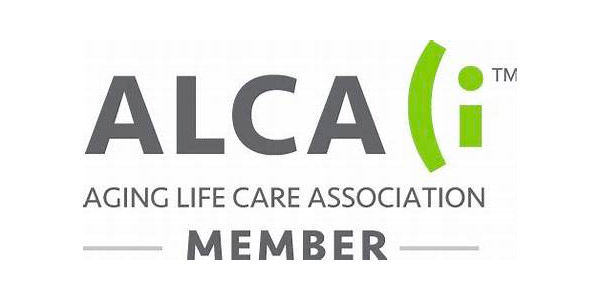April 18, 2020
Covid 19: Spousal Caregiving at home:
Joan M. Harris, LSW, MBA, CMC – Aging Life Care Professional
Your spouse has a cognitive impairment, Alzheimer’s disease or a related memory disorder. You are the primary caregiver. Life is full of challenges. You have carefully built a routine to optimize your spouse’s functioning with a schedule of activities and social engagements that enhances daily life. This structure also gives you time to breathe and get things done. Now, in comes a global pandemic and a “Stay at Home Order”. Not only have your activities gone out the window, but you fear your spouse will decline. You worry about your loved one’s health and what will happen if you become ill? Who will take care of your spouse?
Let’s give you some strategies:
1) Rebuild a schedule:
People with dementia need a consistent pattern to their day. Create a schedule and stick to it every day. They will settle into a new routine and it will provide the scaffolding they need and had before Covid 19.
Don’t let your loved one sleep late because you are exhausted. This will cause his/her days and nights to get turned around fairly fast. Before you know it, your spouse is awake and walking around all night. Recreate the consistency of your daily life pre-Covid 19. Make sure that your loved one gets up at the same time every day.
Order a white board with markers, and every morning, write the day’s activities, be it a scheduled phone call, a meal, a walk outside, puzzle time, reading the newspaper, watching the news, stretching and exercising from a chair, or even medication time.
What are your loved one’s interests? Be creative. Have your spouse check off each activity when its completed. If you do not have any caregivers coming in to give you a break, try to make sure you have an activity that occupies your spouse so that you can take some time for yourself or get needed tasks done. This will help reduce your fatigue and keep your anxiety in check.
Create a relaxing evening schedule. Start medications, toileting, grooming and changing clothes earlier in the evening so that you have the energy and patience needed and are not rushing your spouse. Does your loved one enjoy a particular TV show, being read to, some other relaxing activity before bed?
2) Stay connected:
Staying connected is emotionally important for both of you! Feelings of isolation can lead to depression and increased anxiety. In an age of technology, if you have a smart phone, a tablet or computer, you can see your loved ones, friends, colleagues, and even providers of services remotely (i.e. Physical and Occupational Therapists, Mental Health Practitioners, Speech Therapists, etc.) who can no longer come in person. However, seeing faces on a screen will be difficult for individuals who are more advanced with this disease process For many, seeing the grandchildren and hearing the familiar voices can be a tremendous mood boost.
As a primary caregiver, you need your support system more than ever during this challenging time. Technology can be difficult for some older adults who have not had the need to use it. If you have private caregivers, they can assist you. A younger generation tends to have a strong skill set in setting up and using many applications like Facetime, Zoom, What’s App and Skype. If you don’t have anything but a phone, order an ipad and possibly an Alexa with video. There is technical support available, if you need it. At a minimum, keep in touch as much as possible by phone with your support system.
3) Manage your stress:
This may be your top priority while sequestered at home with your spouse.
Get back to basics:
-
Get adequate sleep.
-
Eat healthy foods (have some healthy meals delivered, if you want to reduce time and energy toward meal preparation)
-
Stay connected to your support system as mentioned above.
-
Exercise! Even a 20-minute walk in the fresh air can boost your mood. Make sure you find a way to move your body. There are free yoga sessions offered on YouTube and many other types of classes.
-
Work with a therapist over the phone or through video chat to build your positive coping skills that can change the negative self-statements and worries to reduce your feelings of distress. There are many resources out there for you.
-
Here is a link to The Center for Disease control: Click here
-
Seated Exercises for Older Adults: Video Link Here
4) Be prepared with a backup plan:
-
Make sure each of you have an emergency packet of your critical information clearly marked on the back of your front door for paramedics
-
see specifics in my April 7th blog post: View here
-
-
Have a conversation with your primary care physician about steps to take if you think you or your spouse may have Covid 19, or you are having symptoms.
-
If you became ill, who would care for your spouse? Currently, most skilled nursing facilities (rehabilitation centers and long-term care facilities) and assisted living communities are closed to new admissions due to the need to care for their residents and manage to treat and control outbreaks of Covid 19 in their communities. If you do not have extended family that can help, you will need to bring in a private home care agency. I strongly suggest that you get on board with a high-quality private home care agency now, before you need the help. A Care Manager can connect you to their vetted home care partners who provide high quality care.






Note:
These strategies may all sound great, but when you are living the life of a primary caregiver for a spouse with Alzheimer’s disease or related disorder, taking action and putting things together can be overwhelming. At Symphony Care Management, our Aging Life Care Professionals have the experience and expertise to help you put a personalized plan in place. We will partner with you to ensure you get through this challenging time. With compassion, trust and know-how, we are here for you.



